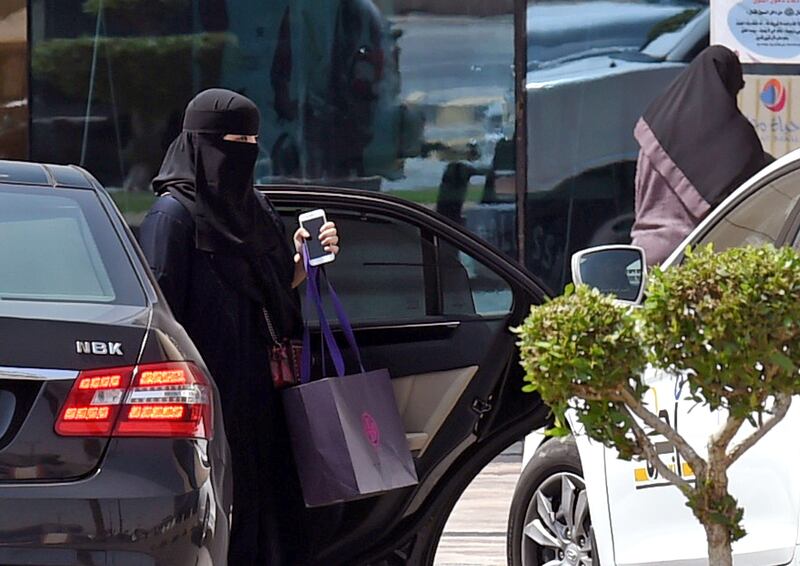Women in Saudi Arabia will soon be able to drive, thanks to a decree issued by King Salman lifting a ban that has been a topic of fervent debate for decades. The news of this decision, which is expected to take effect by the middle of next year, has, unsurprisingly, generated headlines all over the world. But for all its significance, it is only one aspect of a broad overhaul hailed by economists and commentators as a turning point in the kingdom's future. Most recently, Riyadh also appointed its very first spokeswoman, who assumed her role at the Saudi embassy in Washington, DC.
King Salman's decree is part of the major social changes occurring in the kingdom. As we have witnessed in recent months, Saudi Crown Prince Mohammed bin Salman is a man of big ideas. Earlier this year, he told the Washington Post that "if the people of Saudi Arabia are convinced [of the need for change], the sky is the limit". Soon thereafter, he introduced a mega-project aimed at transforming the country's extensive coastline on the Red Sea into a haven for luxury seaside resorts. This initiative is part of Crown Prince Mohammed bin Salman's Vision 2030, Saudi Arabia's blueprint for a post-oil economy that was unveiled last year. Vision 2030 will, among other things, encourage young citizens to seek out careers in sectors that are not reliant on government subsidies in an attempt to diversify the economy and make efficient use of the country's human resources.
_______________
Read more
[ Saudi Arabia to lift ban on women drivers ]
[ Saudi decision to allow women to drive welcomed ]
[ Vision 2030 comes to the Red Sea ]
_______________
Shortly before the Red Sea project was announced, King Salman issued another landmark royal decree allowing women access to government services without the consent of a male guardian. Indeed, given the significant social changes that have swept the Saudi landscape in a such a short period of time, there is reason to believe that more positive changes are on their way.
Follow The National's Opinion section on Twitter





